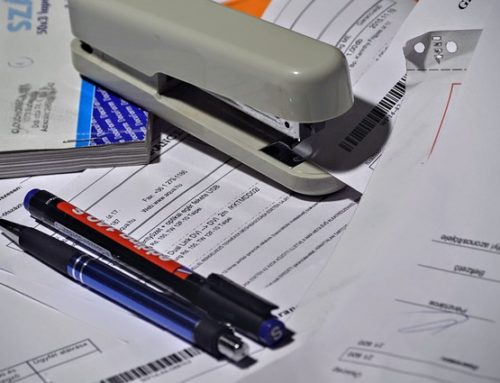As a social worker, you face a plethora of ethical challenges, many of which wouldn’t be a problem for individuals in nearly any other profession. You walk a tightrope almost every day.
It’s easy to make mistakes. And while we’re here to help you if you’re even so much as accused of doing something untoward (whether or not you did), it’s still important to keep these 7 points for protecting your Tennessee social worker’s license in mind.
1. Maintain strict professional boundaries.
While it goes without saying you shouldn’t enter into a romantic or sexual relationship with any of your clients, violations of ethics and professionalism happen for other reasons. Indeed, sometimes they happen when the social worker is simply trying to help the client out (see this story about a woman who tried to help a client by hiring her to clean her house).
It is important to avoid even the appearance of impropriety.
It’s also important to keep up with ever-evolving ethical standards as they relate to the use of technology and services such as social media to communicate with clients, coworkers, and others involved in your professional life.
And if a client starts repeatedly violating boundaries or acting in an unsafe way, make sure you report that behavior to a supervisor and get help in deciding how to deal with it.
See also: Need a Tennessee Order of Protection: Here’s Where to Start.
2. Avoid lending money to your clients.
This goes double if your clients are mentally ill or mentally challenged in any way. This is another boundary issue, but one which can potentially become more serious. Your client may well turn around and accuse you of borrowing money and failing to repay it. It would be your word against the client’s.
Best if you can say, with confidence, that no money has ever changed hands between you and any client.
3. Keep receipts.
From time to time your job may demand that you handle money on behalf of a client. Your organization may issue funds to be spent on that client’s behalf.
If you don’t keep a copy of each receipt and turn in the receipts for these purchases in a timely fashion you risk opening yourself up to accusations that could put your career and license at risk.
It may even be a good idea to snap a photo of each receipt you receive just in case one of them gets lost.
See also: How Can a Nurse or Medical Staff Protect Against Fraud Charges.
4. Watch out for privacy issues.
If only confidentiality issues were as simple as keeping one’s mouth shut! But client notes, court subpoenas, and knowing when you must disclose information can all create difficult ethical and legal tangles.
When you run into one of these issues it may be a good idea to refer to an attorney in addition to referring to the NASW Code of Ethics, state law, and your own department’s guidelines. It also may be a good idea to consult with your supervisor. Make sure you document every step you take and why, in case one of these issues ever presents a challenge to your license.
5. Keep up with your continuing education requirements.
A surprising number of social workers lose their licenses simply because they fail to keep up with CE requirements, or fail to document CE classes correctly. In a busy, demanding profession like social work it’s easy to lose track of time, and it’s easy to back burner something that seems less important than the crisis of the day.
Nevertheless, you can’t keep serving your clients if you don’t meet these requirements. It’s wise to make them a priority.
6. Be scrupulous about record keeping.
Quality notes and records can help you defend your conduct better than almost anything else you can produce. These notes can transform a situation where it’s the social worker’s word against a client’s into a scenario where you have hard professional evidence to back up each of your decisions.
This is especially important when the why and how of each decision can play into whether it is considered ethical or not. If you’re in contact with any party for any reason, you should document that interaction.
7. Get an expert to defend your license.
Innocent mistakes do happen, and there are a lot of actions which can cause a threat to your license you may not have even thought about at the time. Sometimes it’s even just a matter of misunderstanding.
That’s where having an outstanding professional licensure defense attorney on your side comes in.
We can help you protect your license and your job. If you’re facing a threat to your social worker’s license, contact us today to get the help you need.






